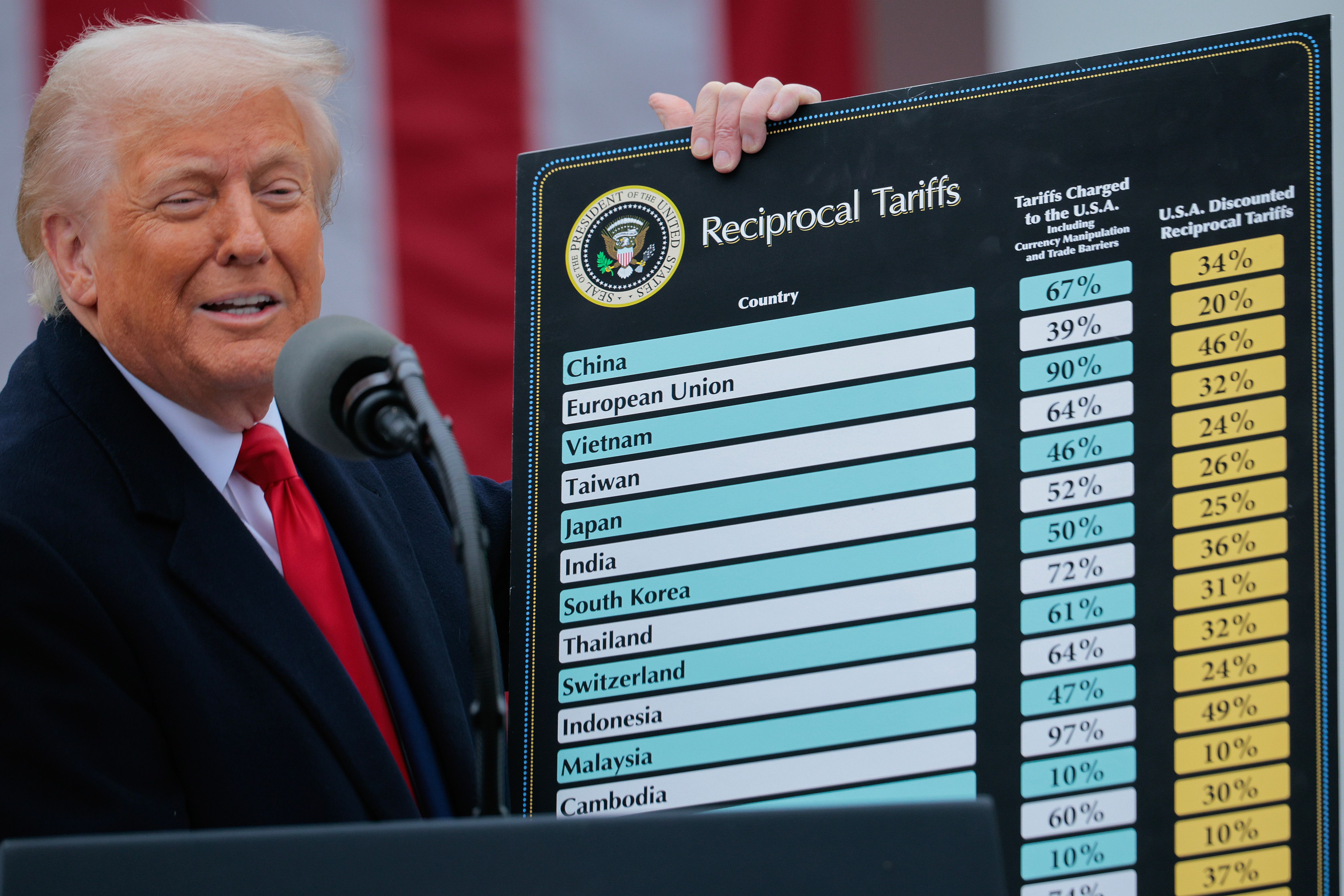
Overview
Bitcoin miners are currently facing significant challenges stemming from the U.S. government’s new tariffs, expected to drive up prices for essential mining equipment, including ASIC miners and electrical gear.
Key Points:
- Miners had been chartering flights at inflated rates, spending between $2 to $3.5 million each to expedite equipment shipping ahead of the tariff imposition on April 9.
- Following a 90-day timeout on the tariff application, concerns have temporarily eased, but the situation remains fluid.
- These tariffs have raised alarms about a possible slowdown in the U.S. bitcoin mining sector and a potential shift of dominant mining capabilities to other countries.
“In terms of the scale of geopolitical impact, it’s probably relevant to think about this as being on par with the China ban in 2021,” said Luxor COO Ethan Vera.
Translation: “In terms of the scale of geopolitical impact, it’s important to consider this as similar to the ban in China in 2021,” said Luxor COO Ethan Vera.
Industry Implications
Miners are scrambling as they adjust to the tariffs, comparing the current situation to the past when tariffs on Chinese imports heavily affected the industry. The new tariffs are expected to disrupt the supply chain and elevate costs for operations within the U.S.
Considering these challenges, some miners may find expansion opportunities through acquiring existing operations rather than importing new equipment as tariffs render imports significantly more expensive.
Future Outlook
The revised tariff structure might pivot the advantage to international miners, giving them better access to mining equipment due to reduced domestic U.S. competition. This shift could slow down the growth of bitcoin mining operations in the country, potentially diminishing its market share in the global landscape.
As the industry continues to adapt, miners await clarity from the administration regarding future trade policies and their lasting impacts on business operations.


